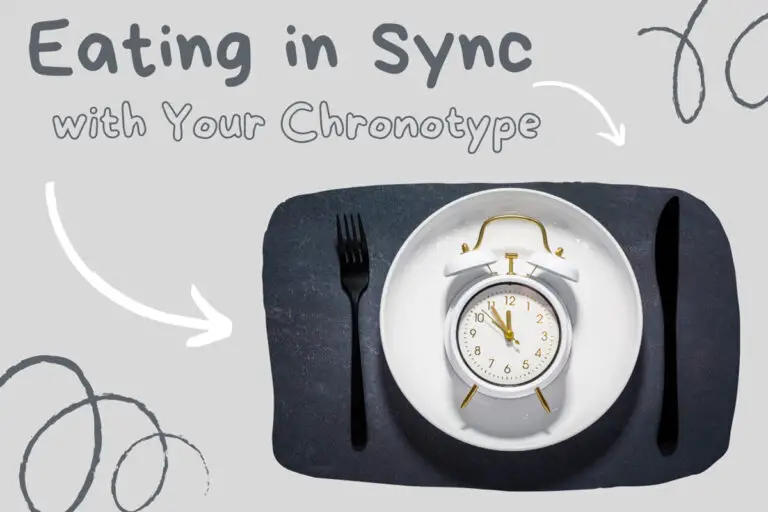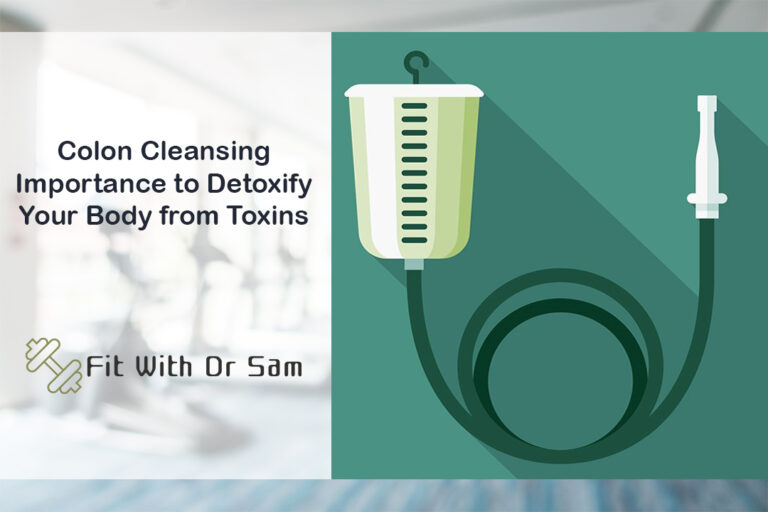Your Gut Controls Your Brain: How to Eat for Happiness

For many years, gut health was mostly associated with digestion and nutrient absorption. But modern science has unveiled a fascinating truth: your gut plays a powerful role in controlling your brain and influencing your mental health. The link between gut and mental health is stronger than you might think, revealing how what you eat affects not only your body but also your mood, emotions, and overall mental well-being.
In this article, we’ll explore the deep connection between your gut and brain, explain how gut bacteria influence mental health, and most importantly, guide you on how to eat to promote happiness and mental balance. Ready to learn how your gut really controls your brain? Let’s dive in.
You can also read: Colon Cleansing Importance to Detoxify Your Body from Toxins.
The Gut-Brain Axis: A Hidden Superhighway
Our gut isn’t just a food-processing tube; it’s a complex ecosystem housing trillions of microorganisms collectively called the gut microbiome. These microbes do far more than digest fiber or produce vitamins. They communicate with your brain constantly through a two-way system called the gut-brain axis.
What is the Gut-Brain Axis?
The gut-brain axis is a communication network linking your gut and brain via nerves (like the vagus nerve), hormones, and immune molecules. This connection helps regulate mood, stress response, cognitive function, and even decision-making.
Imagine it as a superhighway where signals travel both ways: the brain influences gut function, and the gut sends back messages that shape your mental state.
How Gut Health Impacts Mental Health (gut and mental health connection)
Microbes and Mood Regulation
One of the most remarkable discoveries is that gut bacteria produce neurotransmitters the chemical messengers in your brain. For example:
- Serotonin, often called the “happiness hormone,” is mostly produced in the gut.
- GABA, an inhibitory neurotransmitter that calms the nervous system.
- Dopamine, linked to motivation and pleasure.
When your gut microbiome is balanced and diverse, it produces these chemicals optimally, contributing to feelings of happiness and calm. Conversely, an unhealthy gut can lower these neurotransmitters and increase inflammation, which is linked to anxiety, depression, and brain fog.
Inflammation and Mental Health
Poor gut health often leads to chronic inflammation due to gut and mental health connection. Harmful bacteria and toxins can “leak” through the gut lining into the bloodstream, a condition called “leaky gut.” This triggers systemic inflammation that doesn’t just affect your body but also your brain, increasing the risk of mood disorders.
Stress, Anxiety, and the Gut
Stress affects gut bacteria by altering their diversity and function. At the same time, imbalanced gut microbes can increase the body’s stress response, creating a vicious cycle. This bidirectional influence highlights the importance of nurturing gut health to manage anxiety and stress.
Signs Your Gut May Be Affecting Your Mood
- Frequent digestive issues like bloating, constipation, or diarrhea
- Persistent fatigue or low energy
- Brain fog or difficulty concentrating
- Mood swings or unexplained anxiety
- Food cravings, especially for sugar or processed foods
If these symptoms sound familiar, improving your gut health might help improve your mental well-being too (There is a strong connection between gut and mental health).
How to Eat for Happiness: Nourishing Your Gut and Brain
1. Prioritize Fiber-Rich Foods
Fiber is the primary food for your gut bacteria. Fruits, vegetables, whole grains, legumes, nuts, and seeds all provide different types of fiber that support diverse microbial species.
- Examples: berries, broccoli, oats, lentils, chia seeds.
Fiber fermentation by gut bacteria produces short-chain fatty acids (SCFAs) that reduce inflammation and support brain health.
2. Include Fermented Foods Daily
Fermented foods contain live beneficial bacteria (probiotics) that can help restore balance to your gut microbiome.
- Examples: yogurt, kefir, sauerkraut, kimchi, kombucha, miso.
These foods have been linked in studies to reduced anxiety and depression symptoms.
3. Avoid Excess Sugar and Processed Foods
Highly processed foods and added sugars feed harmful gut bacteria, increase inflammation, and disrupt the microbial balance.
- Limit sugary snacks, sodas, fast food, and artificial sweeteners.
4. Eat Healthy Fats
Omega-3 fatty acids support brain function and reduce inflammation.
- Sources: fatty fish (salmon, mackerel), flaxseeds, walnuts, chia seeds.
5. Stay Hydrated
Water supports digestion and the mucosal lining of the intestines, aiding a healthy environment for microbes.
6. Moderate Protein Intake
Proteins are essential, but some sources like red meat and processed meats may negatively affect gut flora if consumed excessively.
Options for lean proteins like poultry, fish, legumes, and plant-based sources.
Lifestyle Factors That Boost Gut and Mental Health
Manage Stress
Mindfulness, meditation, exercise, and adequate sleep all help regulate the gut-brain axis and improve microbial diversity.
Exercise Regularly
Physical activity increases gut microbial diversity and stimulates the release of mood-enhancing neurotransmitters.
Sleep Well
Poor sleep harms your gut bacteria and brain function, so aim for 7-9 hours per night.
Scientific Evidence Supporting the Gut-Mood Connection (gut and mental health connection)
Numerous clinical studies back this up:
- A 2016 study found that probiotics reduced symptoms of depression and anxiety in participants.
- Research on irritable bowel syndrome (IBS) patients showed mood improvements after gut-targeted treatments.
- Animal studies show gut microbiota transplant can alter behavior and stress responses.
While research is ongoing, the evidence for gut health and mental health as a connected system is strong.
Summary: Eat Well, Feel Well
Your gut is not just a digestive organ but a vital player in your mental health. By feeding your gut right through fiber, fermented foods, healthy fats, and minimizing processed foods you can nurture the gut-brain axis and promote happiness from the inside out.
Remember, small daily changes in diet and lifestyle can lead to big improvements in mood, cognition, and overall mental well-being.
FAQ
Q: Can gut health alone cure depression or anxiety?
A: Gut health is one important factor, but mental health is complex and usually requires a combination of diet, therapy, medication, and lifestyle changes.
Q: How long does it take to see mental benefits from improving gut health?
A: Some people notice improvements within weeks, while for others it might take a few months.
Q: Are probiotics supplements as effective as fermented foods?
A: Supplements can help but fermented foods provide additional nutrients and fiber that support gut health.
If you want to boost your happiness naturally, start by nurturing your gut because truly, your gut controls your brain.
Get your Herbal Remedies – A Comprehensive Guide now and take the first step towards optimal health. Whether you’re looking to relieve stress, boost your immune system, or simply feel better every day, this guide is the perfect companion.





